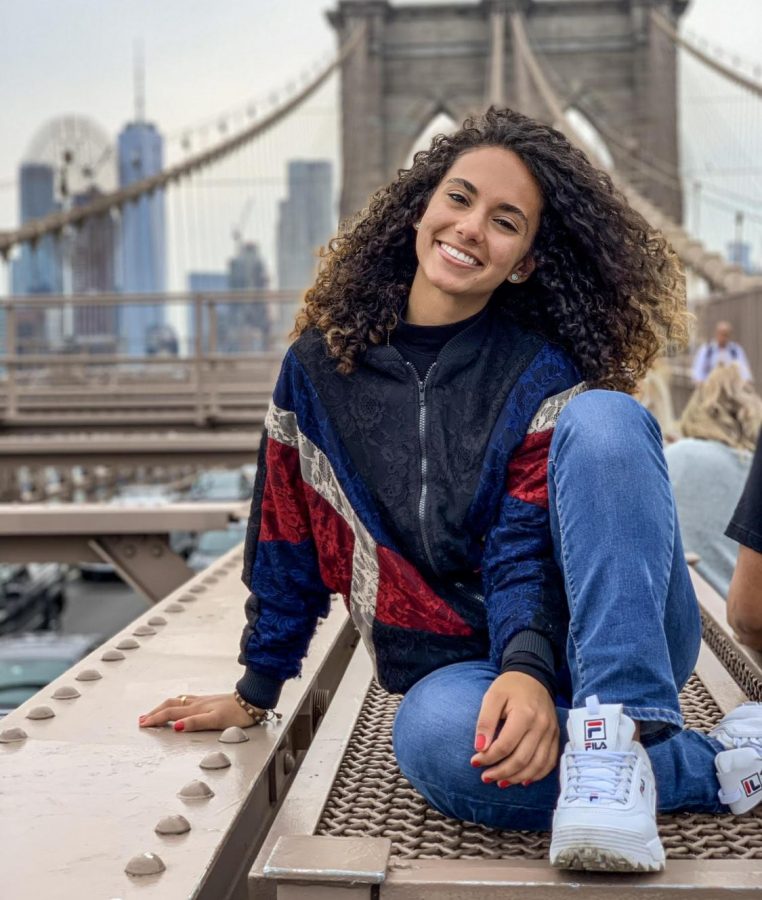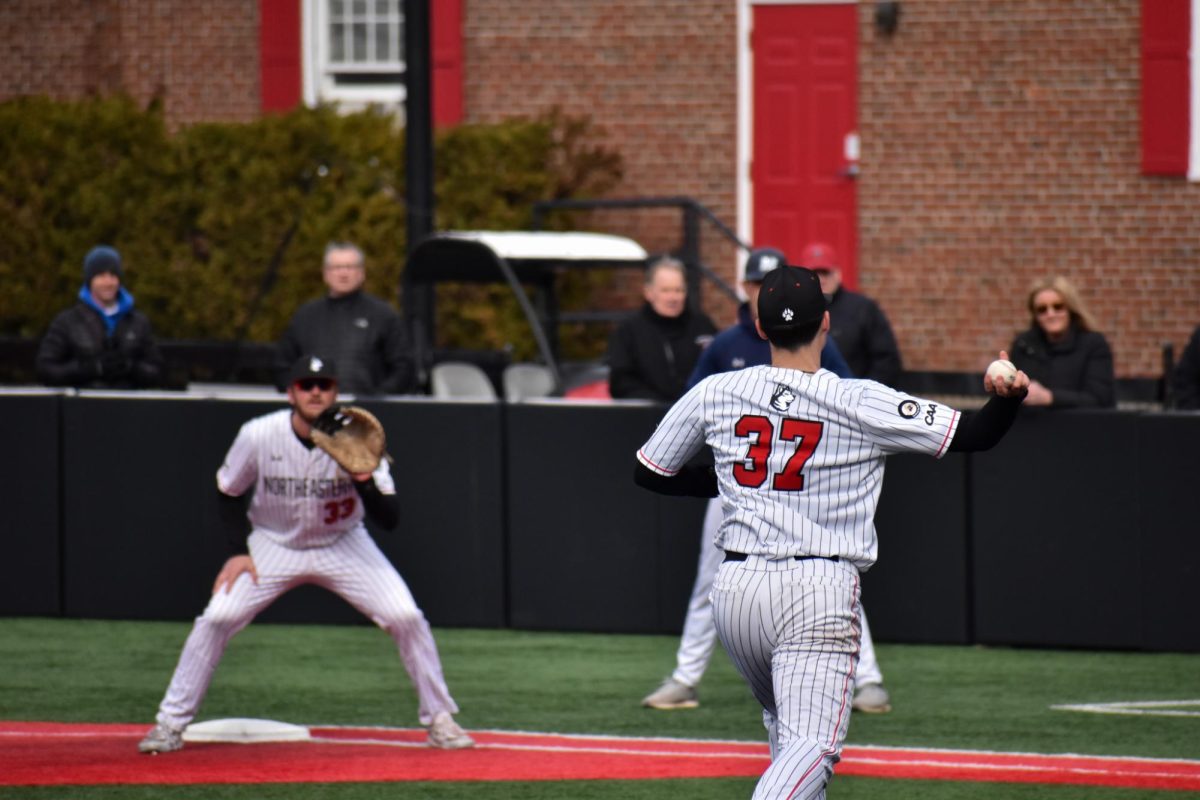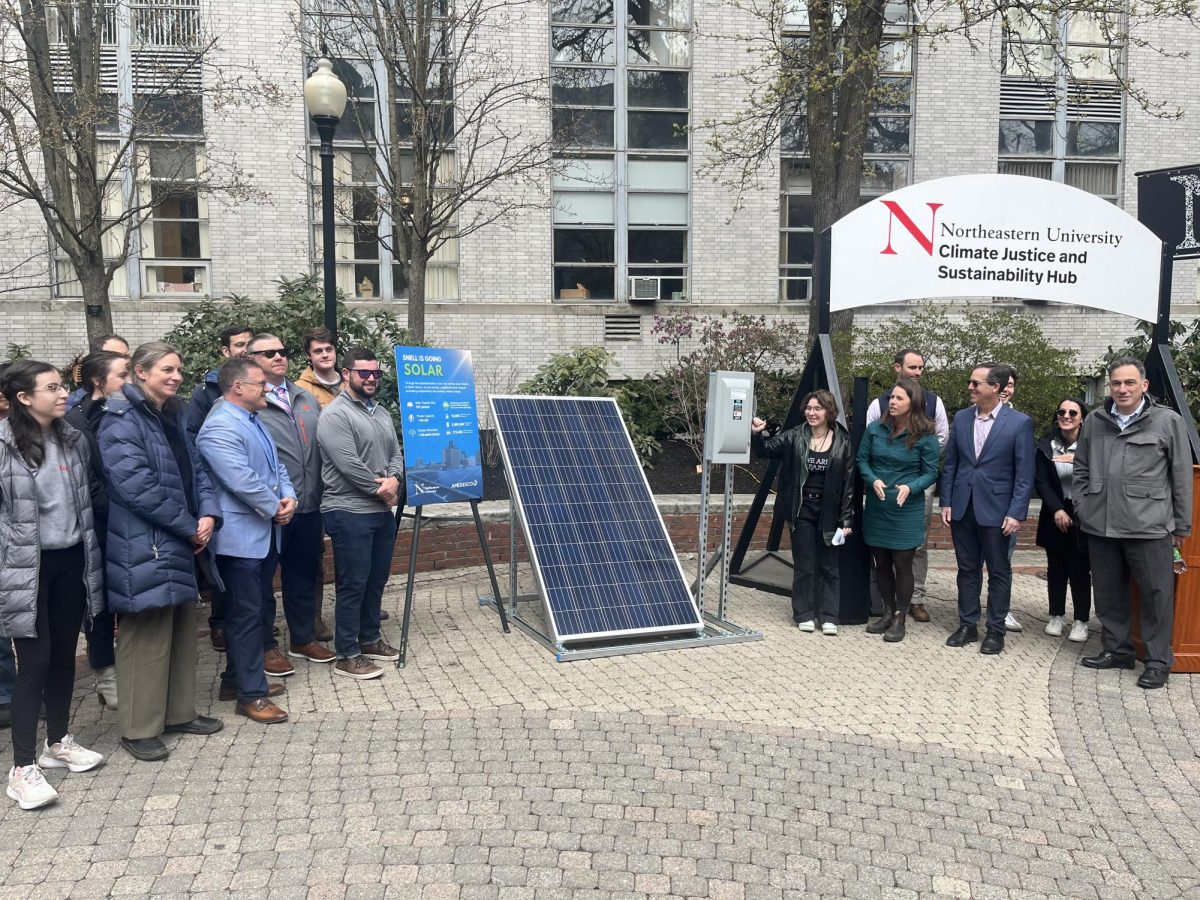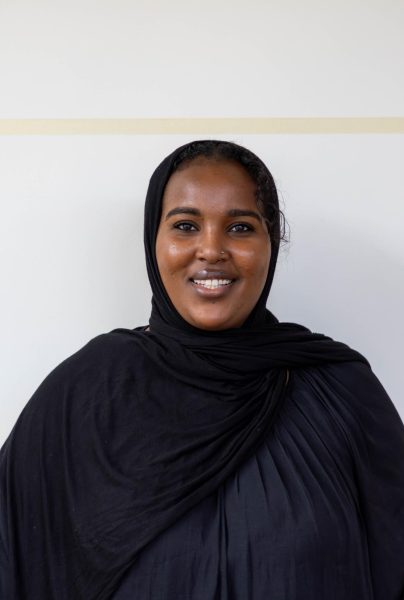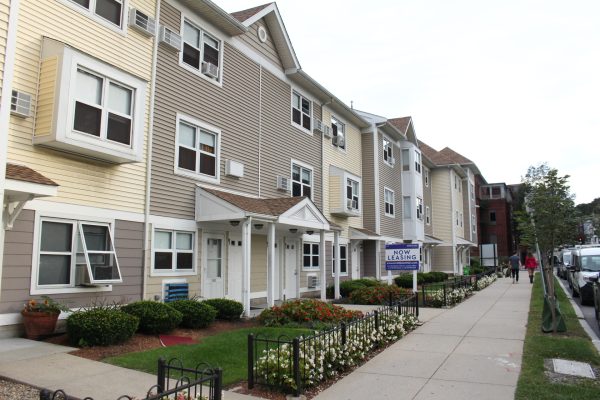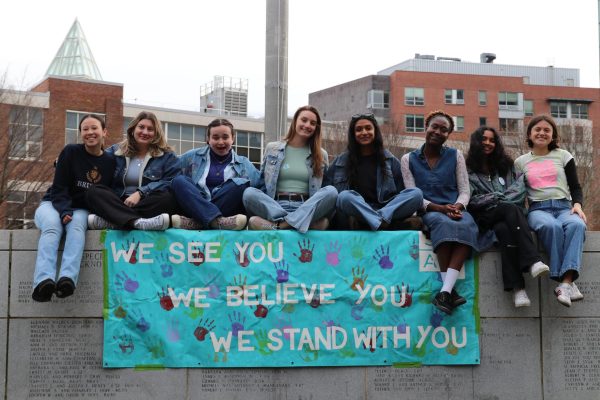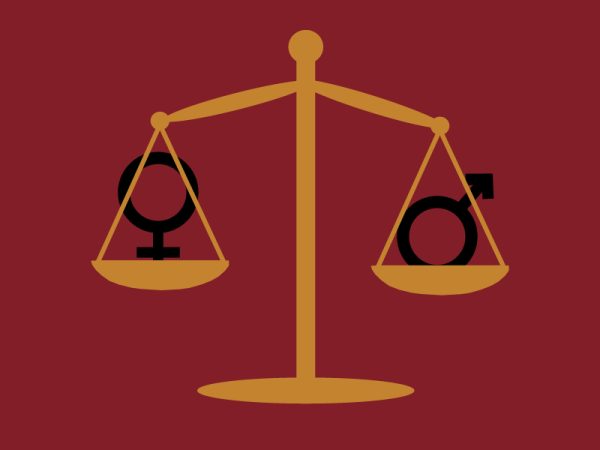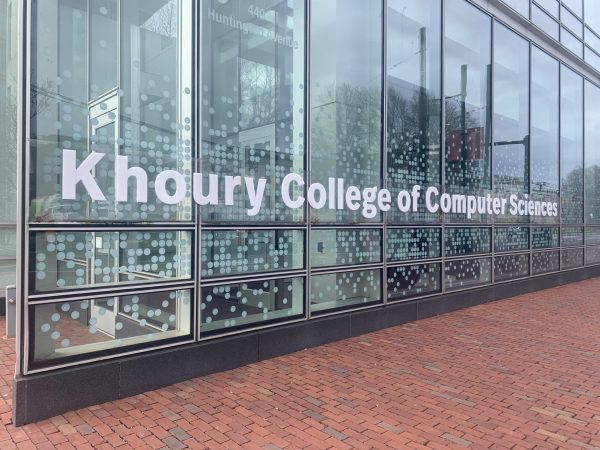NSCC’s Maria Theresa Queiroz leads fight for collective liberation with compassion
Photo Courtesy Maria Theresa Queiroz
“There are spaces out there that can help you. There are spaces where you can find your people. It’s all about that first step,” Queiroz said.
October 21, 2020
When protests against racism began in her New Jersey hometown over the summer, Maria Theresa Queiroz felt called to join her community as they demanded justice for Black lives.
Her mother was fearful for her daughter’s safety. She told Queiroz, a second-year, that she was not allowed to attend the protests. Knowing that her mom’s fear is something Black mothers experience every day when their children go out into the world, Queiroz went anyway. Her mother never found out, but Queiroz thinks that one day, her mother will be proud of her daughter’s bold commitment to social justice.
“I will eventually tell her one day,” Queiroz said. “I think as the time passes she will be more understanding and proud of my decision.”
Queiroz is pursuing a combined major in criminal justice and psychology. Reading Angela Davis’ work and reflecting on the events of the summer have forced Queiroz to reevaluate her perceptions of the justice system. She was left feeling unsure about how she will be a catalyst for change within a flawed system.
This summer, Queiroz recognized the weight on her Black friends as conversations involving racial injustice and police brutality became increasingly fraught and exhausting. She showed her solidarity by making herself present for those around her who were grappling with the evident racial tension in America.
“I’m about love and kindness. We need to listen to each other and try not to put expectations on others,” she said. “Sometimes we think Black people need to speak up on everything because it’s their community. I don’t think people realize how tiring that is. We need to step up as non-Black people in helping them.”
Though Queiroz was terrified of speaking about racial injustice in high school, she now challenges those around her to think about racial inequality, even if it’s uncomfortable.
Every marginalized group is facing unique struggles, Queiroz said, but it’s also important to recognize the intersectionality and the interconnectedness of their oppression.
“I’m mindful that the world doesn’t revolve around me and my race and my ethnicity. I’m working towards collective liberation,” Queiroz said. “When I support BLM, it’s not about me, but I know Black liberation will also help my community.”
In the pursuit of collective liberation, Queiroz has found a community within Northeastern, a predominantly white university. She’s a member of the First-Generation and Low-Income Student Union and the Northeastern Student of Color Caucus, or NSCC.
As the Caucus’s Secretary of Data Intelligence, she is currently building a climate survey for BIPOC students at Northeastern to quantify and tell stories of students who, like her, have experienced racism, discomfort and imposter syndrome on campus.
“A lot of times Northeastern either doesn’t have the data on BIPOC students or they don’t publish it,” Queiroz said. “We need data published that’s about racism and student experiences with peers and faculty on campus.”
Queiroz believes the university should be responsible for gathering data, assessing needs and allocating resources accordingly. However, because the Northeastern climate survey is primarily focused on sexual assault, Queiroz and the NSCC have taken on the task of gathering crucial racial information.
As a first-generation, low-income student of color, Queiroz said she frequently experiences imposter syndrome on a campus filled with affluent white students and faculty. She finds it difficult to maintain a social life due to economic stresses, and because her parents never went through the college process, she has to be self-sufficient.
“As first-[generation], low-income students we have a responsibility to advocate for ourselves,” Queiroz said. “You can use it as a debilitator or you can use that to empower you. I can stand up for myself and I can stand up for other people. We have a lot of strength in us.”
Also a member of Caliente, Northeastern’s Latin dance group, Queiroz finds freedom in the self-expression of movement and finds empowerment within the all-female community. It reminds her of her family barbecues, where she and her family blast Brazilian music and dance. While she said she’s never been particularly talented at dancing, it’s something that helps her de-stress and makes her happy.
Queiroz graduated from the year-long Los Huskies Leadership Program, through the Latinx Student Cultural Center, where she was introduced to writer and activist Audre Lorde and learned to embrace her own unique style of leadership.
“I’m an observer by nature, so I never really identified as a leader. What I learned in the Los Huskies Program is that everyone is their own type of leader. Just because I’m more compassionate and empathetic doesn’t mean it’s a weakness,” Queiroz said.
Queiroz also takes note of Lorde’s philosophy on rest and self-care, as advocacy work can be exhausting and heavy emotionally.
Queiroz leads with compassion by checking in on people and making sure they feel comfortable and supported. She reminds herself that everyone comes to the table with different experiences that have shaped their perceptions of the world, and thus it’s important to be patient with people, including her mom whose views on racial equity have evolved over the summer.
Last year, Queiroz went on the Empower Retreat — a weekend-long trip facilitated by the university for students of color to build community and ignite social justice leadership. She said the experience opened so many doors for her, cherishes the deep connections she made over the short weekend and recommends other students of color to attend the event.
“In that space, we could all be open and vulnerable,” Queiroz said. “I was able to talk about some things I had never uncovered, even with myself. The way I opened up doesn’t happen every day.”
Queiroz is in constant pursuit of expanding her community and uplifting those around her. During her first year, she sheltered herself, but has since found empowerment through her involvement in cultural life at Northeastern.
“There are spaces out there that can help you. There are spaces where you can find your people. It’s all about that first step,” she said.


